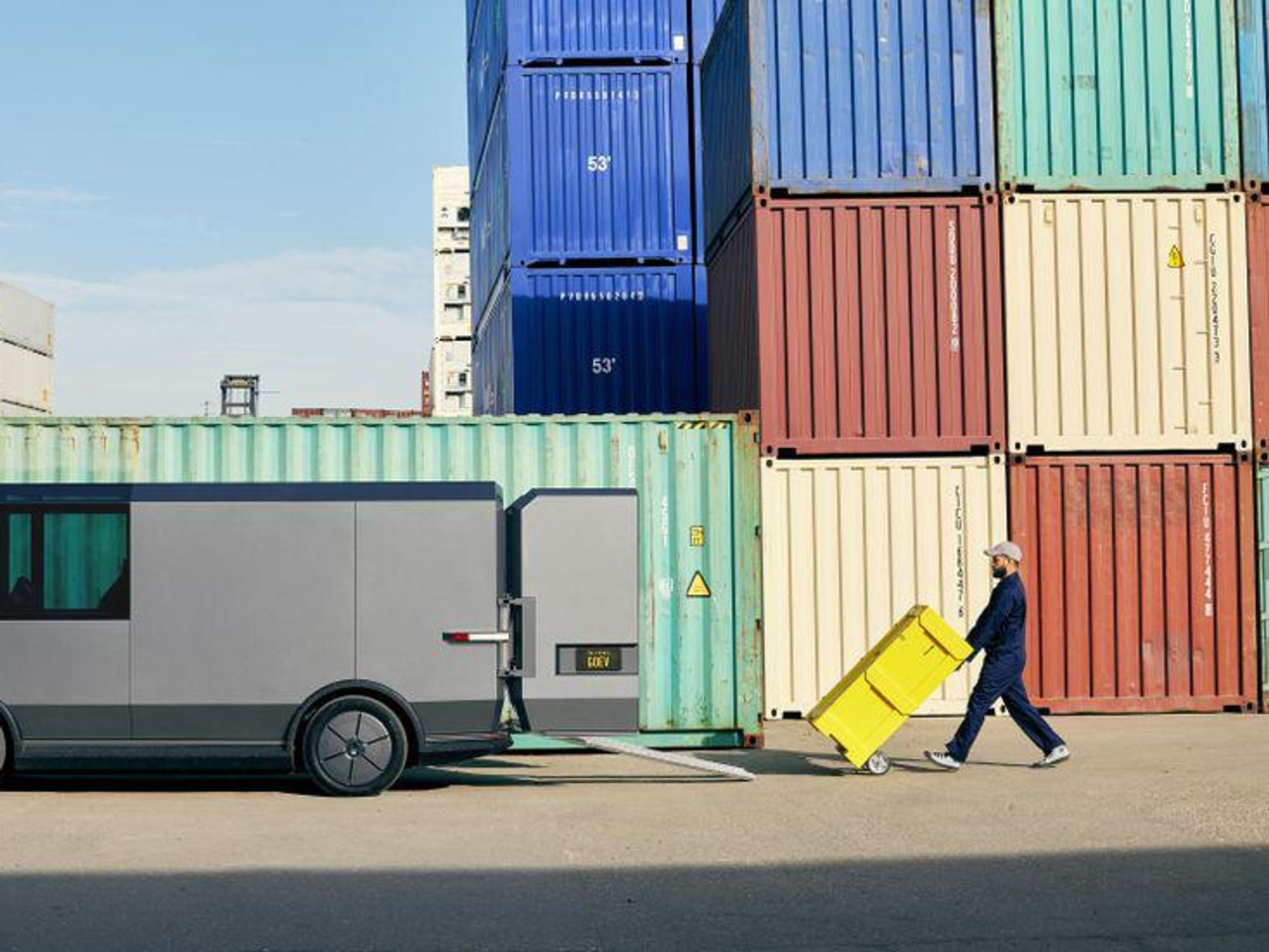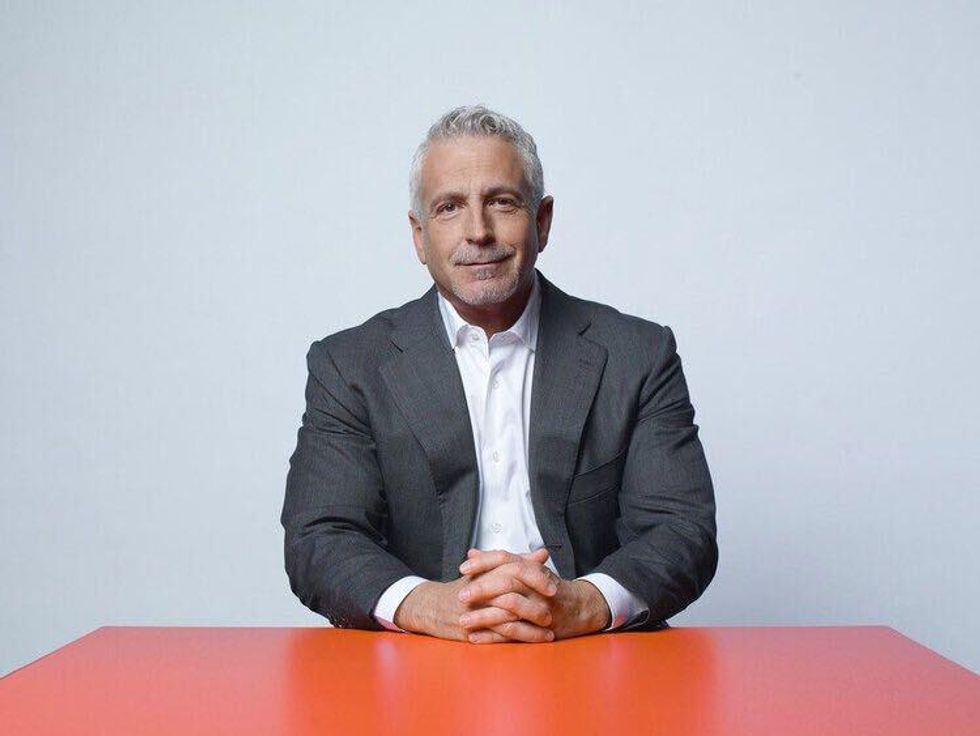Canoo Will Relocate LA Headquarters to Arkansas, Posts Growing Losses in Q3
Samson Amore is a reporter for dot.LA. He holds a degree in journalism from Emerson College. Send tips or pitches to samsonamore@dot.la and find him on Twitter @Samsonamore.

Electric vehicle maker Canoo is abandoning its Torrance headquarters for Walmart's home turf.
The company announced as part of its third quarter earnings call Nov. 15 that it will soon move its corporate headquarters to Bentonville, Arkansas as it moves up their production timeline.
Canoo CEO Tony Aquila said the electric vehicle maker will also base manufacturing and research and development facilities in Fayetteville, Arkansas and expand existing factory space in Pryor and Tulsa, Oklahoma to handle more of its software development, finance and customer service operations.
"Our discipline continues to be big news or no news. Therefore, we will accelerate our advanced manufacturing production in the U.S. to begin before Q4 2022," Aquila said in an earnings statement.

Canoo CEO Tony Aquila
Part of the incentive for Canoo to move operations to these two states is agreements it inked with each of them that would guarantee financial incentives of roughly $400 million. That is on top of an additional nearly $100 million in vehicle orders Canoo expects to come from states and local universities, Aquila said.
Aquia said he expects the facilities to employ 1,200 people in the region.
"We are bigger fans of owning our own facilities than we are contract manufacturing, there are inherent risks with that (and) having it out of your control," Aquila added.
The move is a loss for Southern California, which has been home to a clutch of electric vehicle startup companies including Fisker, Karma and Faraday Future. Canoo still has yet to deliver any of its planned vehicles and is looking for an area that's cheaper than Los Angeles to do business in and cut costs.
Aquila said in the statement Canoo most of the company's manufacturing will happen at a facility in Pryor, Okla. which Canoo announced earlier this year.
To meet production demand, Canoo said it expanded its workforce by 22% to about 800 people by the close of the third quarter. In October, the carmaker said that Panasonic will supply batteries for its upcoming electric SUV.
The company is working on its main car, a boxy, electric "lifestyle vehicle" it describes as a "loft on wheels'' that it aims to begin selling by next year. It's also developing an all-electric pickup truck and multi-purpose delivery vehicle for businesses. In the industrial space, Canoo has a handful of competitors already closer to delivering, though -- including Glendale-based Xos Trucks, which already has an agreement to deliver 120 electric trucks to FedEx Ground by the fourth quarter of this year.
The carmaker reported no revenue this quarter, compared to the same time last year, when the company brought in nearly $2.6 million. Instead, operating losses mounted, increasing to roughly $107 million from roughly $27.2 million in Q3 2020.
Canoo's net loss for the third quarter was roughly $80.9 million, up from a net loss of $23.4 million last year.
Canoo said it expects operating expenses in the upcoming quarter to be between $95 and $115 million, and estimated it'll spend between $60 and $80 million in capital expenditures during that time.
While Canoo's stock was down at market close today, it was up at least 4.7% in after-hours trading to roughly $8.72 per share as the news of its new headquarters and deals outside California reached investors.
To meet production demand, Canoo said it expanded its workforce by 22% to about 800 people by the close of the third quarter.
Editors note: This story has been updated with comments from Aquila.
- Canoo to Go Public After Shareholders Approve Merger - dot.LA ›
- Canoo Unveils Electric Delivery Van a Week Before IPO - dot.LA ›
- Canoo's Partnership with Hyundai Appears to Be Over, Stock Drops ›
- Canoo Contracts with Kingbee Rentals and Its Stock Soars - dot.LA ›
Samson Amore is a reporter for dot.LA. He holds a degree in journalism from Emerson College. Send tips or pitches to samsonamore@dot.la and find him on Twitter @Samsonamore.





 Image Source: Blackbird
Image Source: Blackbird